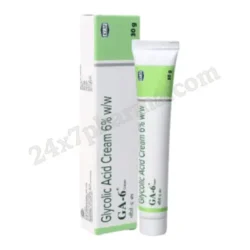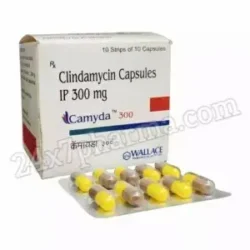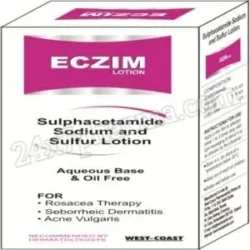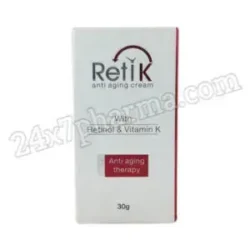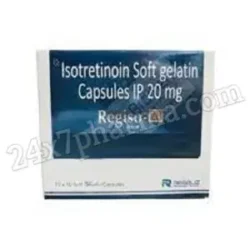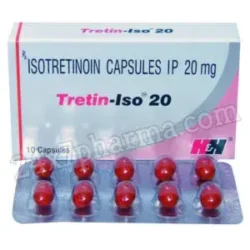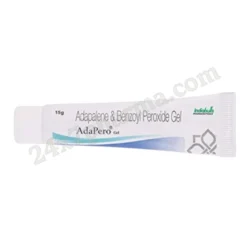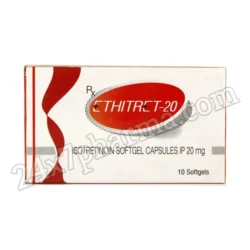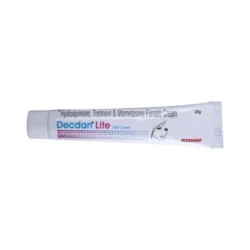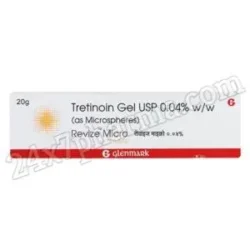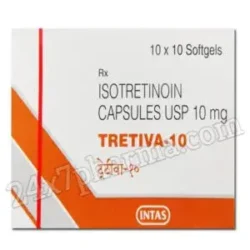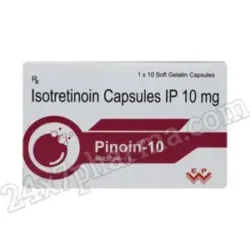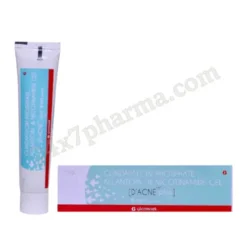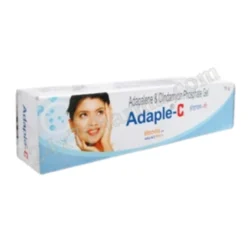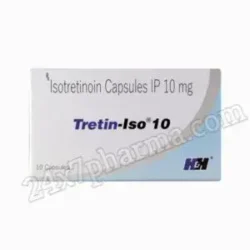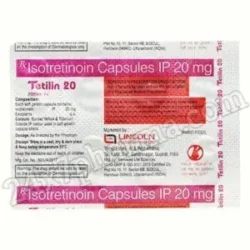Acne
Showing 1–16 of 261 resultsSorted by latest
Tretin Iso 20mg Capsule 10’S
Original price was: $15.$13Current price is: $13.Revize Micro 0.04% Gel 20gm
Original price was: $13.$11Current price is: $11.Tretin Iso 10 mg Capsule 20S
Original price was: $20.$17Current price is: $17.Understanding Acne Medication and Its Causes
Acne is a not unusual skin condition that affects thousands and thousands of people global, irrespective of age or gender. It occurs when hair follicles become clogged with oil, dead skin cells, and bacteria, leading to inflammation and the development of pimples, blackheads, whiteheads, or cysts. Hormonal changes, genetics, stress, and improper skincare practices are some of the leading causes of acne. Understanding the root cause of your acne is the first step toward finding an effective solution.
Types of Acne Medicines
Acne medicines come in various forms, catering to different types of acne and skin types. From over-the-counter (OTC) solutions to prescription treatments, options include:
- Topical Treatments: These consist of creams, gels, and lotions applied at once to the pores and skin. They are ideal for mild to moderate acne.
- Oral Medications: Oral antibiotics or acne medication pills are often prescribed for more severe cases. These work by reducing inflammation and controlling bacteria.
- Acne Body Wash: Designed for body acne, these washes contain active ingredients that cleanse and treat affected areas like the back, chest, or shoulders.
- Prescription Acne Medicine: For stubborn or cystic acne, dermatologists may prescribe stronger treatments such as retinoids, hormonal therapies, or isotretinoin.
Key Ingredients and Their Benefits
The effectiveness of acne treatment products depends largely on their active ingredients. Here are a number of the most not unusual and useful components:
- Benzoyl Peroxide: Kills acne-causing bacteria and helps reduce inflammation. It is a staple in many OTC and prescription acne medicines.
- Salicylic Acid: A beta hydroxy acid (BHA) that exfoliates dead skin cells, unclogs pores, and reduces oiliness.
- Retinoids: Derived from Vitamin A, these compounds accelerate cell turnover, preventing clogged pores and minimizing the appearance of scars.
- Alpha Hydroxy Acids (AHAs): Promote exfoliation and improve skin texture while reducing discoloration caused by acne.
- Tea Tree Oil: A natural alternative with antibacterial and anti-inflammatory properties.
Safety and Side Effects of Acne Medication
While acne treatments can be highly effective, it’s essential to be aware of potential side effects of acne medication, especially with prescription-strength options. Common issues include:
- Dryness and Irritation: Many acne medicines, particularly those containing benzoyl peroxide or retinoids, may cause skin dryness, redness, or peeling initially.
- Increased Sensitivity to Sunlight :Some ingredients, like AHAs and retinoids, can make your skin more prone to sunburn.
- Allergic Reactions: Rare but possible, especially with products containing artificial fragrances or preservatives.
- Systemic Side Effects: Acne medication pills side effects, such as nausea, dizziness, or liver issues, can occur with certain oral treatments like isotretinoin.
Consulting a dermatologist is crucial before starting any new medicine for acne, especially if you’re considering prescription treatments.
How to Choose the Right Product
Selecting the best acne medicine depends on several factors:
- Skin Type: For oily skin, look for non-comedogenic, oil-free products. Dry skin benefits from acne treatments with hydrating ingredients.
- Severity of Acne: Mild acne may respond well to OTC options, while severe or cystic acne often requires prescription acne medicine.
- Ingredient Sensitivity: If you have sensitive skin, avoid products with harsh chemicals and opt for gentler alternatives like tea tree oil or sulfur.
- Lifestyle Considerations: Choose products that align with your daily routine—whether it’s a quick acne body wash for busy mornings or an overnight treatment cream.
Usage Tips for Acne Medication
To maximize the effectiveness of your acne treatment:
- Follow Instructions: Use products exactly as directed to avoid overuse, which can lead to irritation or worsen side effects.
- Be Consistent: Regular application is key to seeing results. Most treatments take a few weeks to show noticeable improvement.
- Hydrate and Moisturize: Pair acne medicines with a gentle, non-comedogenic moisturizer to combat dryness.
- Use Sunscreen: Protect your skin from UV damage by applying broad-spectrum sunscreen daily.
- Avoid Picking or Squeezing: This can lead to scarring and further inflammation.
Benefits of Using Acne Medication
The right acne treatment can transform your skin and boost your confidence. Key benefits include:
- Clearer Skin: Effective treatments lessen the frequency and severity of breakouts.
- Improved Skin Texture: Ingredients like AHAs and retinoids sell smoother, healthier pores and skin.
- Reduction in Scarring: Early treatment minimizes the risk of post-acne marks and scars.
- Targeted Solutions: From acne body washes to prescription medicines, tailored treatments address specific needs.
- Long-Term Results: Consistent use of benefit acne products can lead to sustained improvements over time.

